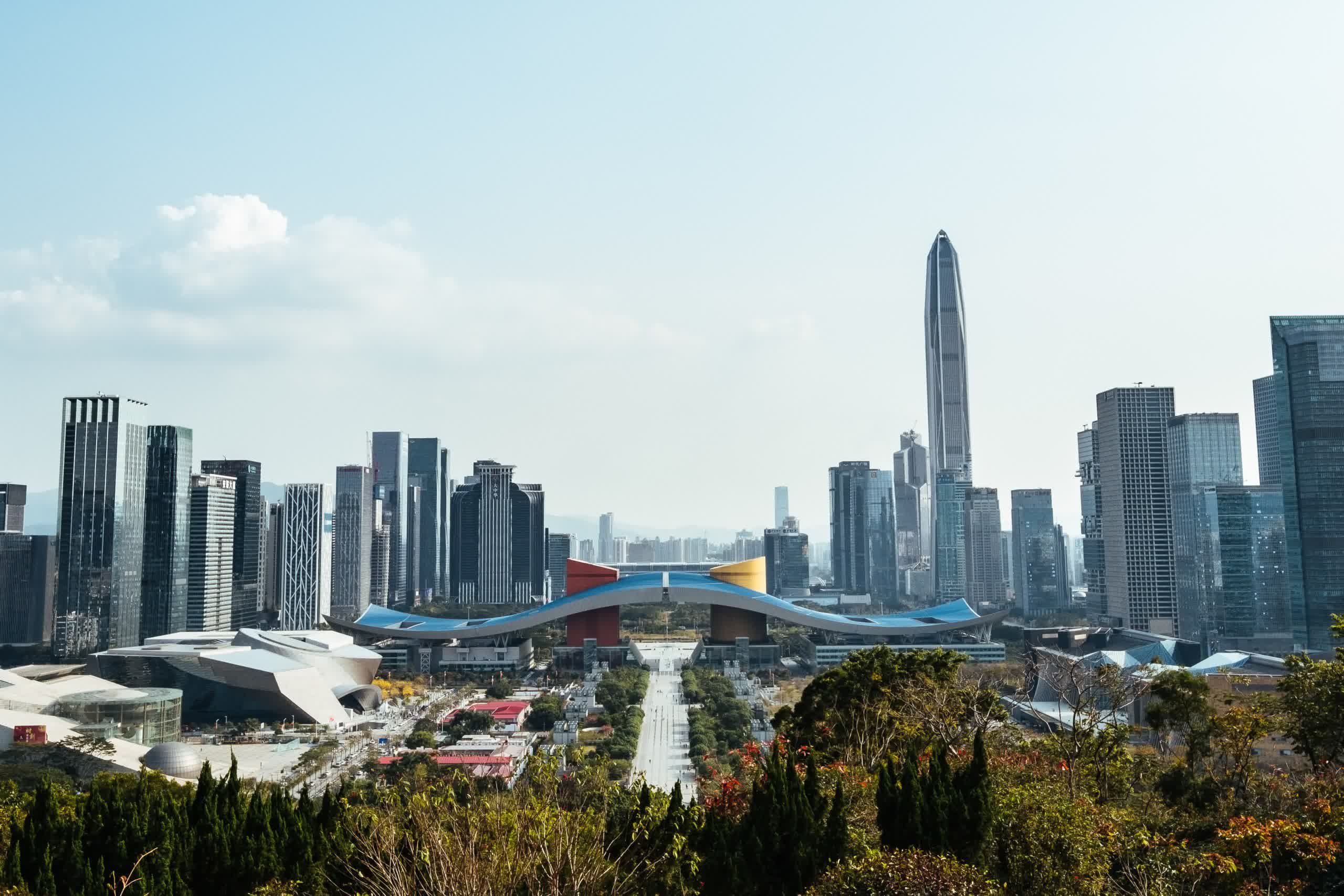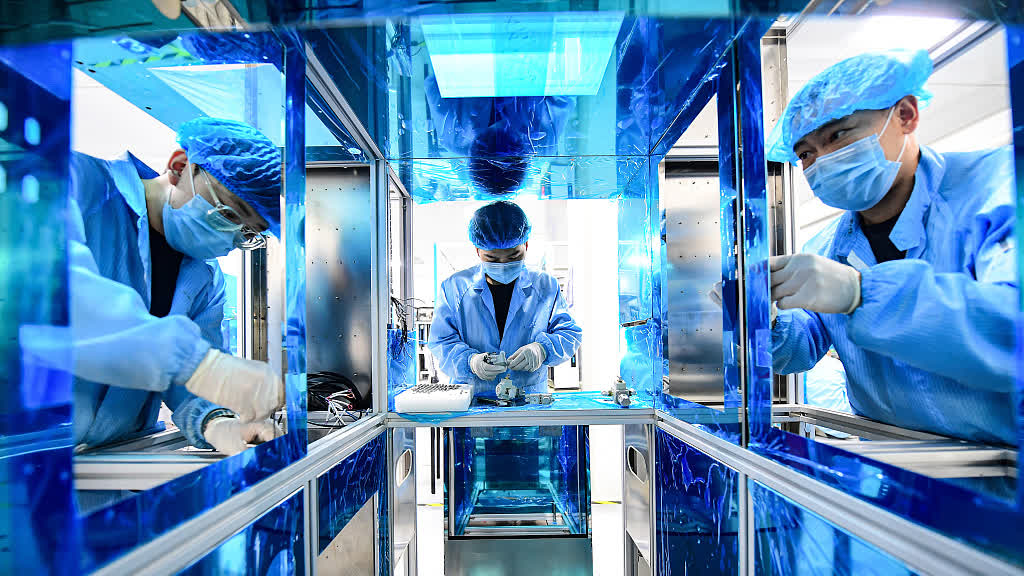
The Financial Times recently published a deep look at how Apple built its supply chain in China. It is a deep dive into an important question, and its author Patrick McGee uncovers some amazing detail. Since we provided some color quotes towards the end, we have been getting asked a lot recently about how long it would take to unwind this supply chain -- both for China and for the US technology industry. The short answer is -- a long time.
The problem with this analysis is that there is no easy way to quantify the problem. We could look at global manufacturing output, of which China has 28.7% share to the US 16.8% share, or just share of consumer electronics which is even more lop-sided. But this is only part of the picture.
South China's electronics complex is built on human capital and intangibles as much as it is on plain, old-fashioned capital and money. This makes it harder for anyone else to replicate.
Much of China's current capabilities go beyond sheer output. One of the most fascinating aspects of the South China electronics complex is the degree to which it has gotten ingrained into total economy. The FT threw up an incredible statistic. They looked at ISO Certifications. ISO is an international standards body which certifies companies based on a detailed set of process qualifications and found that:
China's dominance can partly be quantified. In 2021, the number of organizations in the country that had been audited to confirm best practices in "quality management systems" — ISO certification 9001 — was 426,716, or roughly 42 per cent of the global total. For India the figure was 36,505; for the US, it was 25,561.
Financial Times: How China Tied its Fortunes to China
In parts of South China, ISO has become such a feature of major employers that local service companies adopt many of these practices with restaurants and night clubs seeking out ISO certification as well, presumably on the assumption that their patrons appreciate quality.
And this really gets to the heart of the matter, China's manufacturing capabilities are measured in intangibles and human capital as much as they are measured in hard statistics and plain, old-fashioned physical capital and money.
Editor's Note:
Guest author Jonathan Goldberg is the founder of D2D Advisory, a multi-functional consulting firm. Jonathan has developed growth strategies and alliances for companies in the mobile, networking, gaming, and software industries.
For companies like Apple this means scale -- the ability to manufacture a few hundred million iPhones a year to a high degree of reliability. For smaller companies, it means flexibility and fast turn around. We recently worked with a company looking to source a product from a US manufacturer. Mid way through planning they discovered they needed a specific tool for production, but the contract manufacturer had no experience with the device, which delayed production by months while they sought out a lease and, even harder to find. a team that knew how to use it.
By contrast, in Shenzhen there are a dozen firms that specialize in just that tool which they can have delivered to the factory floor tomorrow, along with a crew to run it. Industry clusters are a well-known phenomenon, but there are no clusters of the scale and depth to compare to Shenzhen today.

That being said, the train has left the station. US companies are doing everything they can to reduce and/or eliminate their reliance on China. We have heard rumors that Apple wants to move the majority of its production out of China within five years. We have no idea if this is true, but only Apple could even contemplate that kind of timeline. There is no ready alternative, and there probably never will be.
The future electronics supply chain is likely to fragment across a dozen countries like Mexico, Vietnam and Malaysia. And that fragmentation will add friction to the system and likely render it more vulnerable to periodic disruptions.
Nor is China standing still. The cost of labor has been growing in China for years on the back of rising incomes and unfavorable demographics. When Apple started producing in China, most Foxconn employees were seasonal, going and back forth to their rural homes during slack periods. Their children working at the plant today are more likely to be raised at least partially in the cities and want iPhones and iPads for themselves. As much as the recent trade disputes between China and the US have been the catalyst to start the process, it was almost certainly inevitable anyway.
Image credit: Robert Bye, CGTN
https://www.techspot.com/news/97500-china-supply-chain-shenzhen-wasnt-built-day.html